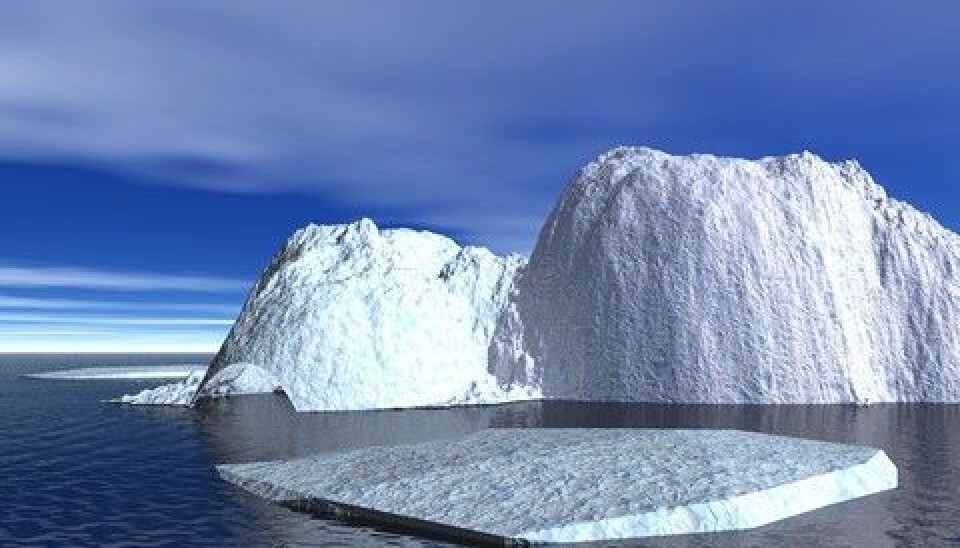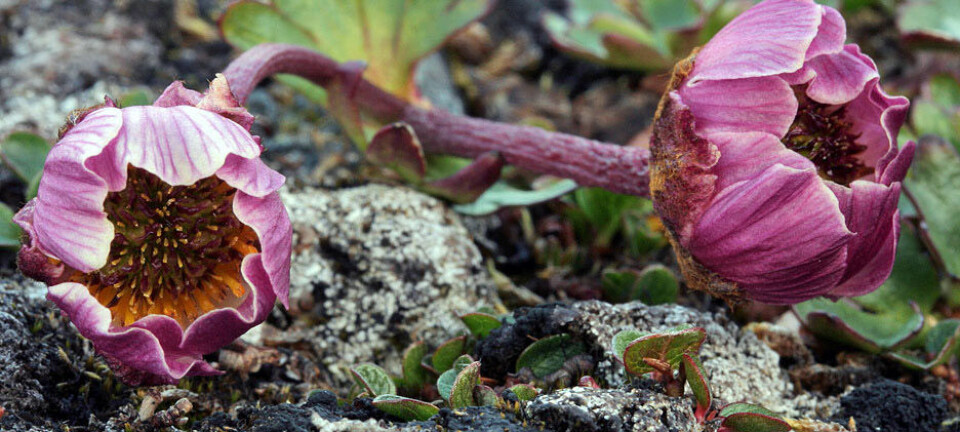
Should India invest in Arctic oil?
OPINION: In an unusual twist of events, the second most populous country in the world has become an unlikely player in the far flung Arctic high north.
Denne artikkelen er over ti år gammel og kan inneholde utdatert informasjon.
India’s increasing energy requirements has compelled it to look at the Arctic as a key source of oil and natural gas resources.
Statistics reveal that India is the 4th largest energy consumer in the world overall and also has a continuous energy deficit. The Arctic, which makes up one sixth of the total world area, holds the last remaining 13 percent of the world’s total undiscovered oil and 30 percent of the natural gas resources.
As a result, this has attracted a mad scramble from different states across the world including India, which has been a very unlikely player in this region.
While the world has focused on the Chinese ascendancy to power and its influence over the Arctic, India slowly clawed its way, riding on the back of its scientific research in the region and on the strength of its close strategic co-operation with Russia.
Influence in the Arctic Council

India’s continued scientific presence in the Arctic and contribution to the region since 2007 has enabled it to be granted permanent observer status on the Arctic Council, an intergovernmental body focused on promoting cooperation and integration among the countries sharing Arctic borders.
A seat on the coveted Arctic Council gives the observer state legitimacy to exploit the natural resources through partnerships with various private and public players in the region.
India’s state owned enterprises have duly entered into agreements with ROSNEFT and Gazprom, two Russian companies having a dominant presence in the Arctic. These developments come as significant because Russia holds 41 percent of the combined oil and gas resources in the Arctic.
Effects of climate change
However, oil exploration and extraction in Arctic is fraught with a number of risks and difficulties. There are threats of possible ecological disasters involved in the fragile eco system, the absence of technologies as yet and limited scientific knowledge in containing possible oil spills but the biggest danger comes from the effects of climate change.
Any oil extraction in the Arctic is projected to increase the climate change associated risks manifold. Oil extraction releases black carbon and methane. The release of black carbon accelerates the heating of atmosphere, which in turn acts as a feedback loop for increasing the warming and subsequent thawing of the Arctic ice. This in turn presents an even scarier scenario by augmenting the release of methane into the atmosphere which is seen as a potential destabilizer and responsible for the collapse of the entire climate system.
What makes matters worse in this kind of a scenario is that the methane release effects could potentially translate to a staggering and incomprehensible economic loss of up to US $ 60 trillions to the world economy, in addition to the environmental costs.
Therefore the risks involved are very grave and any activity that adds to the exploitation of oil and gas resources will only exponentially contribute to a catastrophic situation. It is in such a context that the role of a country like India becomes crucial. On the one hand there are pressing energy issues to consider while on the other hand there are clear climate change associated risks.
Should India invest in oil exploration?
How can a country like India balance out its priorities? It also leads to an important question that begs answer: Should India actually go ahead with investing in oil exploration in Arctic?
The answer may lie in reframing the entire climate change equation differently, and focusing on increasing the investments and knowledge flows into renewable technologies and making it far more attractive than traditional oil and gas based fuel sources, which is currently driving the world.
India, with its abundant solar energy sources and installed wind energy capacity (India has the 3rd largest installed base of wind turbines, and is among the leading countries in the world wind energy production) has the potential to set an example for shifting the focus away from oil and gas to renewable sources, and in the process help mitigate the risks of climate change by adopting a different strategic approach.
Scientific links
- India is the fourth largest energy consumer in the world after the United States, China, and Russia.
- Assessment of undiscovered oil and gas in the Arctic
- The role of the Arctic in future global petroleum supply
- Ice-free Arctic in two years heralds methane catastrophe – scientist
- World Wind Energy Report 2012

































